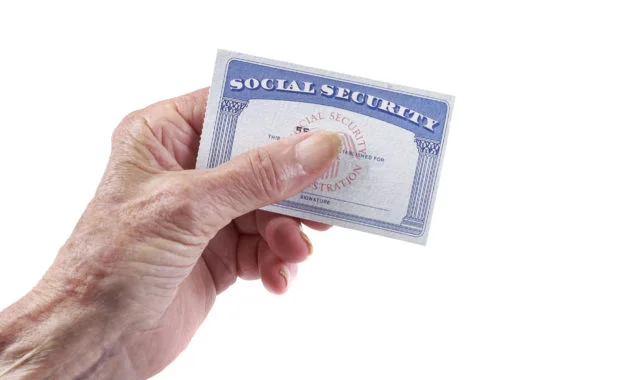Tag: low-wage workers

Virtually all high-income workers in this country are saving in some type of employer retirement plan. But only a minority in the lowest-income group are. A new study tackles this serious shortfall for disadvantaged workers in service, retail and other low-paying jobs. The crux of the problem, the researchers find, is that they lack easy…

The seemingly random patterns in low-paid and middle-class workers’ struggles are assembled into a cohesive narrative supplied by people who let the camera in for an intimate look. A few top executives are thrown in to highlight the economy’s inequality, which lower-paid workers like Randi recognize as deeply unfair. Randi, a health care aide in…





